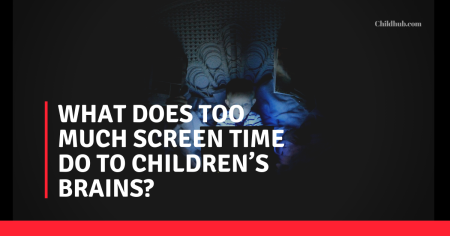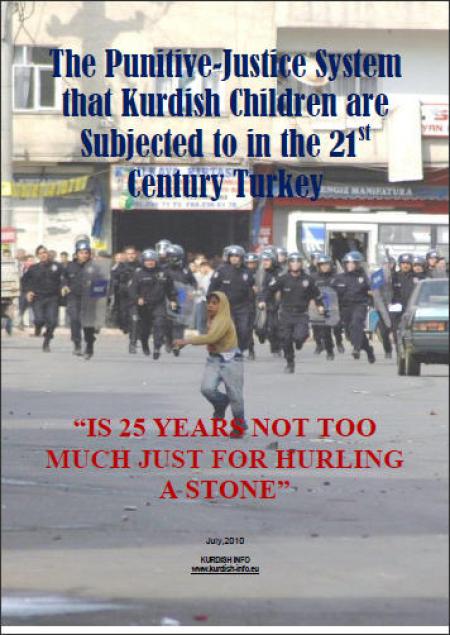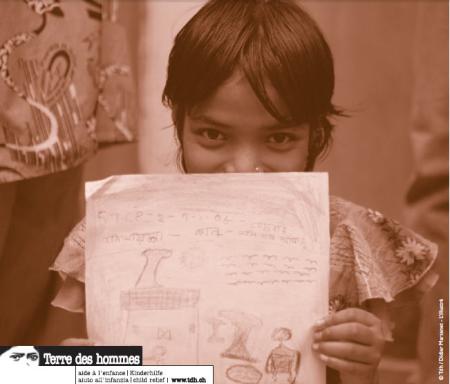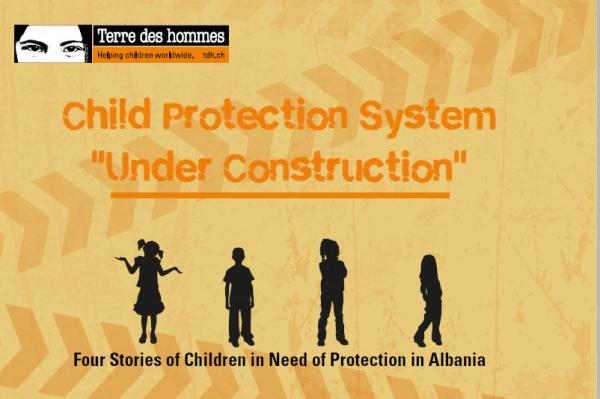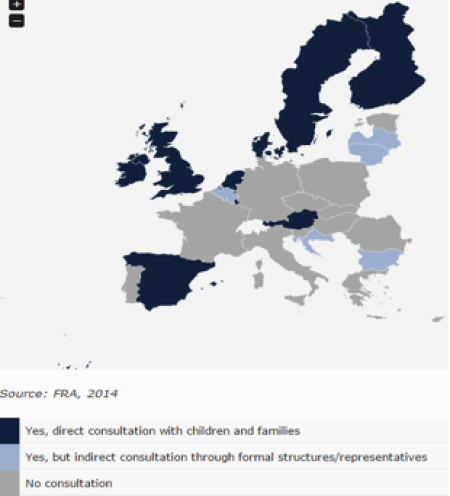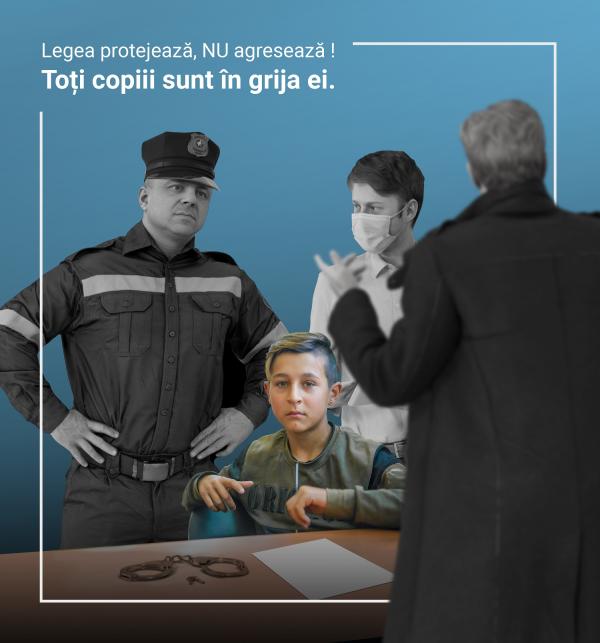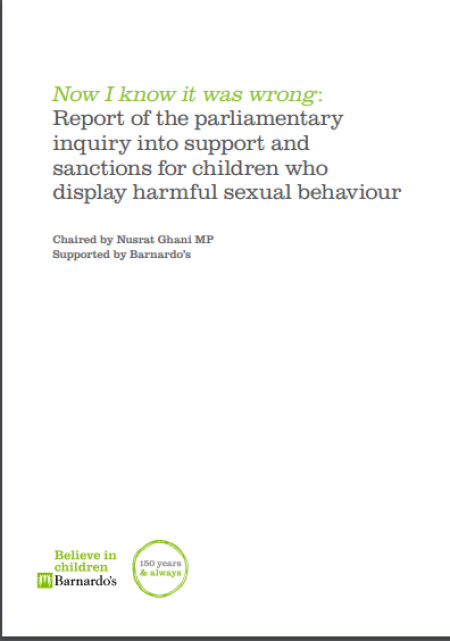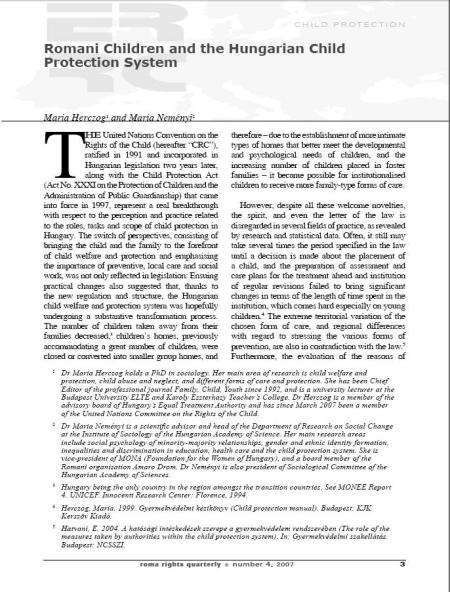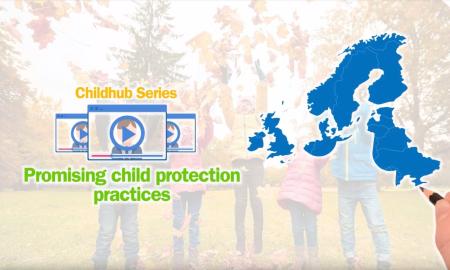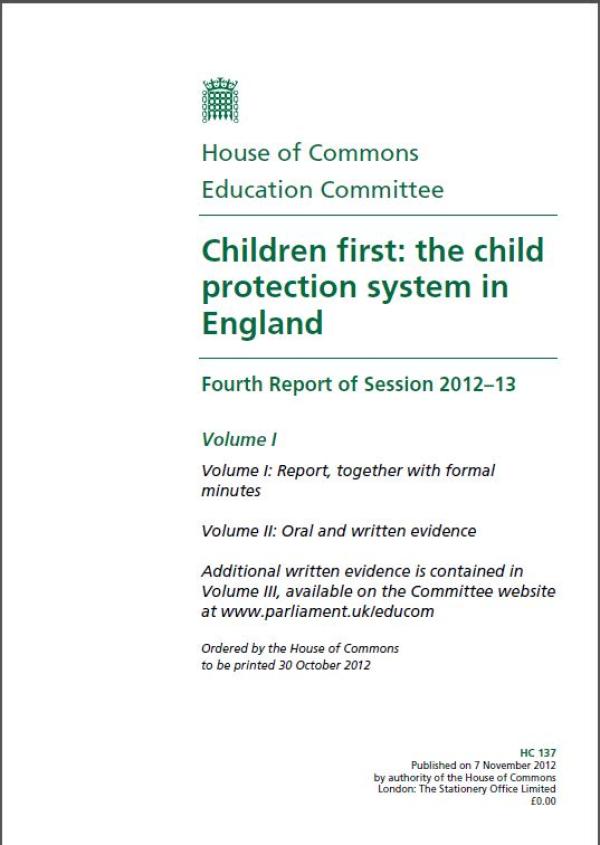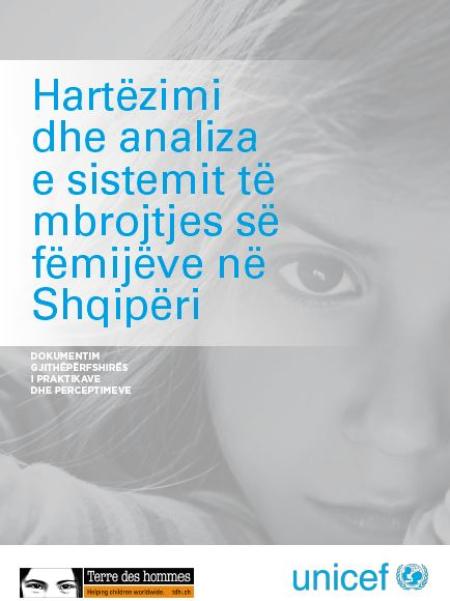
The number of young children in care and on protection plans in the UK has significantly risen from 51% to 81% per 10,000 children between 2008 and 2016, as the research led by Professor Karen Broadhurst shows. If we are to refer to babies under one week old, the rate is even higher as it doubled from 15% to 35% per 10,000 children.
A more shocking figure is that in 2019, 46% of children who died or were seriously harmed, had not received contact or support from children’s services.
Is there a right level of intervention?
The question of whether there are too many or too few children that are subject to state intervention is not the right one to be asked. There is a lack of adequate data to answer this question, as the majority of issues are not officially reported and similar cases can actually have very different lives and needs.
The role of poverty
The system presents many variations and inequalities, so the chance of receiving child welfare intervention is experienced differently by all families, regards background and level of poverty.
When it comes to children living in the poorest neighbourhoods, the chance of them being in care or on child protection plans is at least ten times higher than children living in the richest neighbourhoods. This rate does not stop only among the children in poor families, but also among children who have different ethnic backgrounds.
We should not be asking this question
However, instead of debating and trying to find the answer to the question of whether the state intervenes too much or too little and the reasons behind its feasibility, we should focus on providing the optimum level of state intervention.
The rationale behind this statement is reflected in the interventions in childhood that can definitely protect children and offer support to families in order to attain an optimum level of welfare.
Shift from early to late intervention
Intervention undoubtedly needs to happen as early as possible in order to ensure the proper development of the children and because it is more cost-effective. Instead of doing so, over time, a shift away from the provision of early support to help families who are struggling, towards later interventions has occurred. Even though later interventions are more likely to separate families and more expensive to provide.
An ideal support system
The problem can be viewed in the insufficient collaboration between the adults and children services that imply that all these services are treated as independent bodies and, thus leave many families to fall through the gaps.
As a matter of fact, a solution to this can be creating a system that targets various support services such as health, social care, early education, childcare and interventions programmes (like the Troubled Families / the Supporting Families).
By doing so, we will get closer to creating an ideal support system for struggling families and their children who hold the key to the future.


